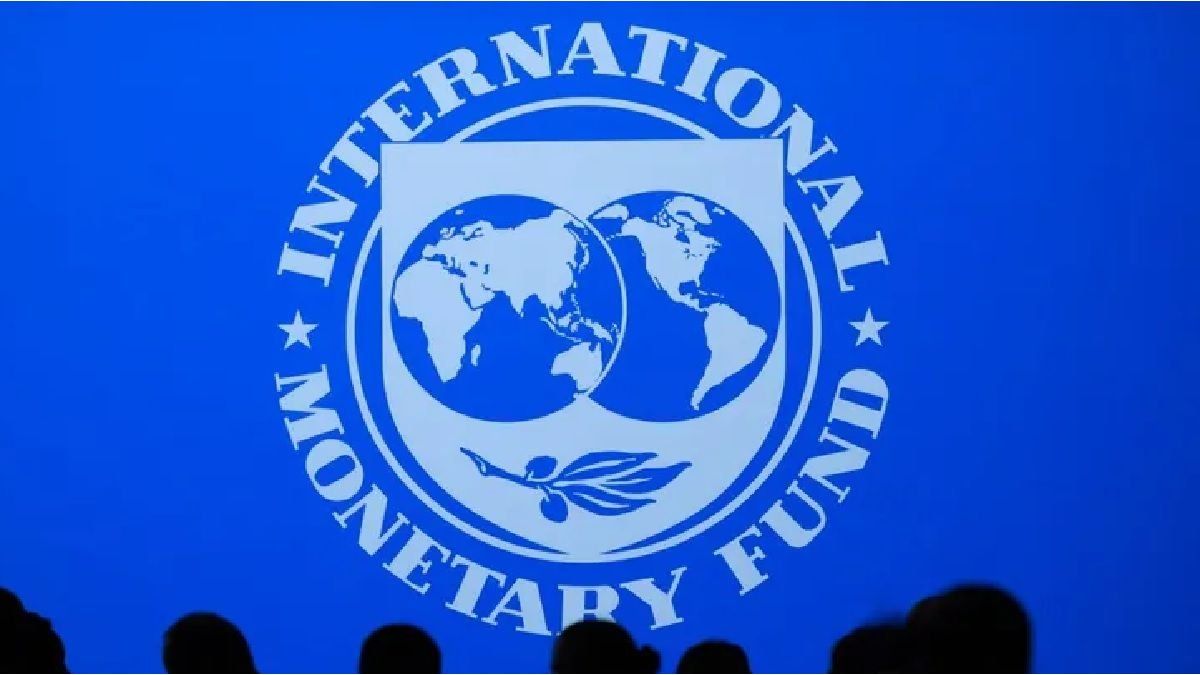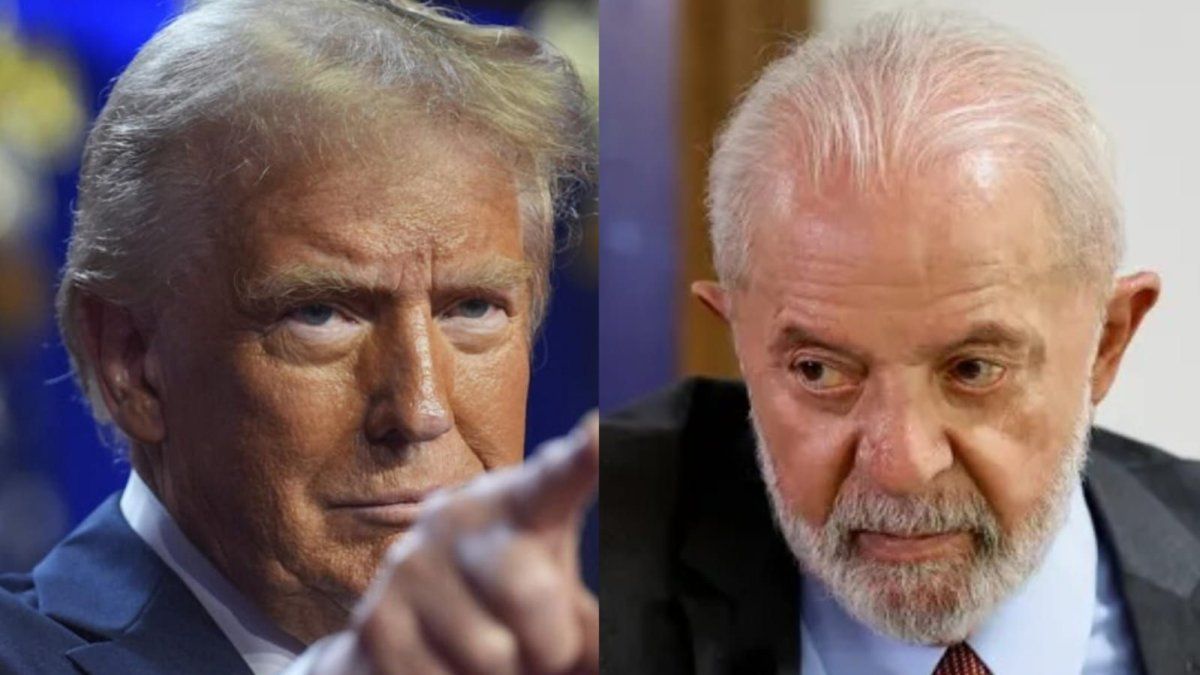Against the clock, the authorities of the Ministry of Economy and the technicians of the International Monetary Fund (IMF) are on their way to reaching an agreement to reformulate the Argentine program. As explained by the Palacio de Hacienda, its owner, Sergio MassaHe decided “maintain a firm position in the face of demands” of the multilateral organization that led to an extension in time.
On Tuesday night, a mission will leave for Washington, made up of Vice Minister gabriel rubinsteinthe chief adviser, Leonardo Madcurand Lisandro Cleri and Jorge Carreras Mayerdirectors of the Central Bank, as anticipated Ambit.
With this mission and for the first time since he took office on May 1, the director for the Western Hemisphere of the IMF, the Chilean Rodrigo Valdes will negotiate face to face with the envoys of the Argentine Government.
Negotiations must be carried out quickly since it is estimated that two weeks are normally required from the moment an agreement is reached at a technical level and its treatment by the Fund’s Board of Directors for final approval. And in August the directors usually take vacations.
What is the IMF asking for?
The line of the IMF continues to insist on the need to carry out austerity measures, while Minister Sergio Massa is not willing to put economic activity at stake, according to those around him.
One of the central aspects of the Argentine requests is for the country to obtain additional funds. In principle, it is estimated that the IMF could send -once the agreement is concluded- some US$2,000 million– plus the stipulated repayments.
Fiscal policy is another controversial issue. The technicians do not accept the request of the economic team to raise the fiscal deficit target for the year by around 2.5% of GDP. On the contrary, they had raised the need to a reduction to 1.6% of the primary imbalance.
The solution to which they would be arriving would be intermediate: maintain the 1.9% stipulated in the agreementdespite the fact that the drought had an impact on tax revenues.
This goal of 1.9% -in itself demanding- implies a strong restriction of public spending that is difficult to meet in the middle of an electoral process.
It should be noted that since he took over the economic leadership, Massa has been carrying out a policy of fiscal order. Between August 2022 and May 2023, public spending – in real terms – fell 15.8% when compared to the same period a year ago, according to. At the same time, in the first six months of this year, disbursements fell 10.4%, according to a report by the consulting firm Analytica.
However, this decrease in expenses was counterbalanced by the reduction in Treasury income, mainly as a consequence of the drought that reduced one of the main sources of resources: withholdings.
In the first half of the year, total collection has decreased by 6.2% year-on-year, with significant drops in taxes such as Export Duties that contracted 60%, according to a study by IERAL – Mediterranean Foundation. In this sense, the work indicates that “If the rate of income and expenditure is maintained, a primary deficit of 3.4% of GDP is expected at the end of 2023, exceeding the goal agreed with the IMF (1.9% of GDP )”.
Deferral
It should be remembered that last week, the Palacio de Hacienda informed the Fund that it would unify the payments corresponding to July at the end of the month, a decision that some analysts interpreted as will not pay the Fund until a new understanding is reached that unlocks disbursements.
Until now, the IMF has been delaying sending money to Argentina for at least three reasons. One is that the country failed to meet the goals for the first quarter, another is that Argentina is asking for advance disbursements and the third is that the agency is demanding – in accordance with its policy – measures before making transfers that the minister Sergio Massa is not willing to accept.
It should be remembered that, in the last report on the country, the Fund indicated that the official exchange rate was lagging between 10 and 25%. Local economists reject the effectiveness of a devaluation like the one requested by the IMF in a context of lack of reserves that would lead, they explain, to a rise in prices that would end up rendering the measure ineffective and would cause higher inflation and poverty.
In the midst of the negotiation, it is said that the fine print of the agreements with the IMF was being analyzed within the Ministry of Economy. In this regard, they point out that if the country defaulted, the default would only become serious within six months.
Meanwhile, in the Palacio de Hacienda they point out that The Central Bank has the liquidity derived from the renewal of the currency swap with China to cope with the situation.
It is estimated that up to the first days of this month, a swap of US$5,000 million would have been used, some US$2,700 million. From Economy they point out that in the last negotiation in Beijing the IMF approval clause was removed to activate the second tranche for another US$5,000 million dollars. In sum, driving could have some u$s 7,300 million available to meet the demand for short-term foreign exchange.
Beyond these analyses, the fact that Argentine officials go to the United States is a key indicator of progress in the negotiations, since official media indicate that “Minister Massa was not willing to authorize this trip until the understandings were on track.”
Source: Ambito
I am a 24-year-old writer and journalist who has been working in the news industry for the past two years. I write primarily about market news, so if you’re looking for insights into what’s going on in the stock market or economic indicators, you’ve come to the right place. I also dabble in writing articles on lifestyle trends and pop culture news.




